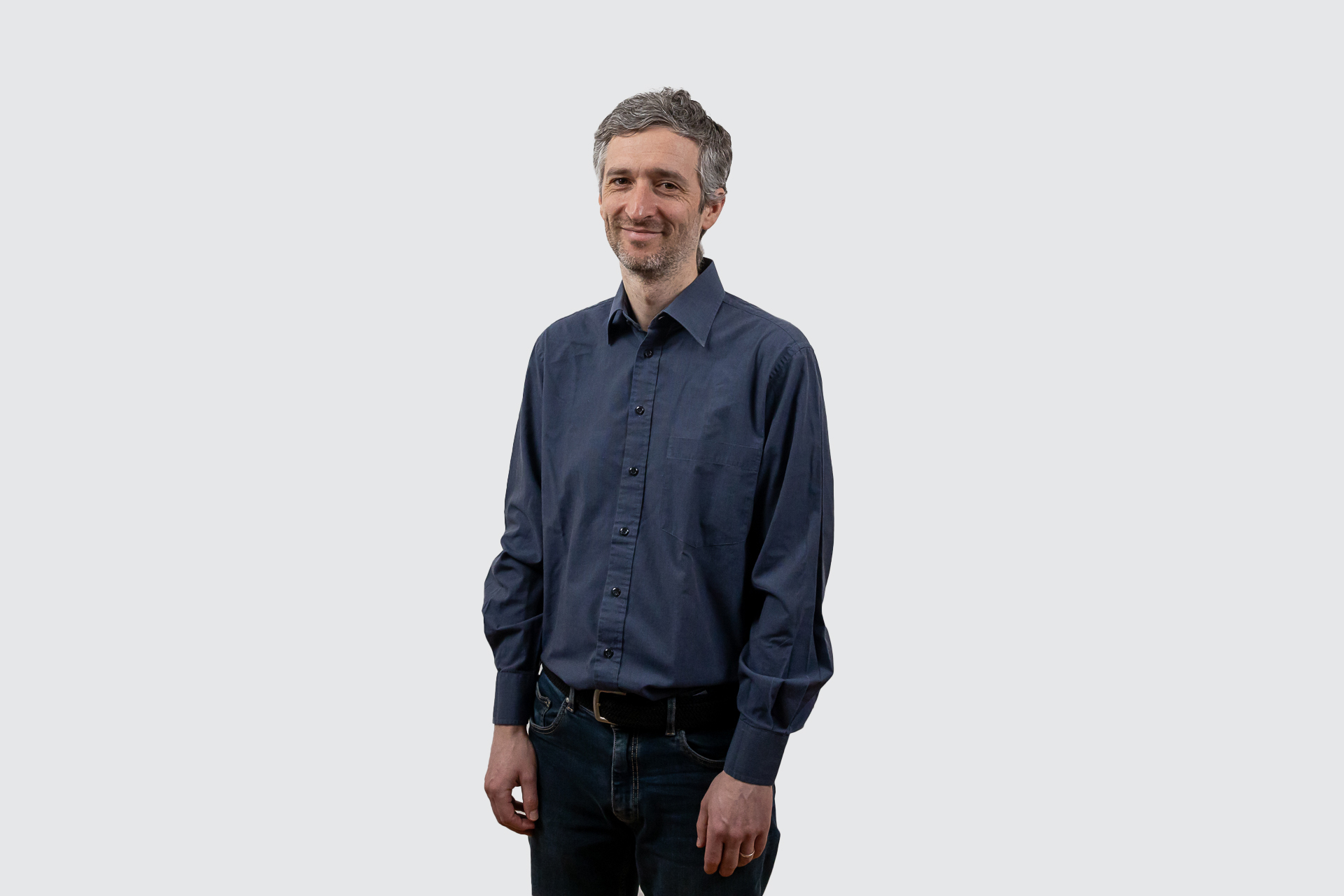For the safe disposal of radioactive waste, their characterization is key, as it is important to know the inventory of radionuclides in the waste before disposal. Most radionuclides in waste that are gamma emitters can be characterized by non-destructive methods, such as gamma spectrometry. However, there are a handful of so-called difficult-to-measure radionuclides for which this is not possible. In these cases, it is necessary to develop appropriate radiochemical methods that will enable this. After the decomposition of the sample, it is necessary to develop separation methods for separating the desired radionuclide from interferences, to prepare the source for the measurements and to optimize the measurement process itself. Such procedures are expensive and time-consuming, which complicates their implementation in practice, when it is necessary to characterize a large number of samples in a relatively short time during the decommissioning of nuclear facilities. Therefore, it is necessary to develop alternative methods that will enable this. Thus, we will mainly focus on the development of appropriate methods for the determination of radionuclides such as Pd-107, Ni-63, Ni-59, Cs-135, Pu-241, Se-79, Mo-93 and Zr-93. We will test different disintegration techniques for different types of samples that are produced during the decommissioning of nuclear facilities. This will be followed by the development of rapid separation procedures, which will include the use of extraction and ion chromatography. For measurements, we will use a combination of radiometric and mass spectrometric methods, such as alpha spectrometry, liquid scintillation counting, ICP-QQQ-MS and MC-ICP-MS.
Doc. dr. Marko Štrok
Marko Štrok is head of the Radiochemistry Laboratory at the Department of Environmental Sciences of the Jožef Stefan Institute and an assistant professor at the Jožef Stefan International Postgraduate School. He is engaged in the development of radiochemical methods for the determination and separation of various radionuclides and their use to address problems related to the safe disposal of radioactive waste, the cycling of radionuclides in the environment, the use of radionuclides as tracers of biogeochemical processes and the production of radionuclides for medical purposes.

Research programme: Modelling and environmental impact assessment of processes and energy technologies
Training topic: Development of new radiochemical methods for the characterization of radioactive waste